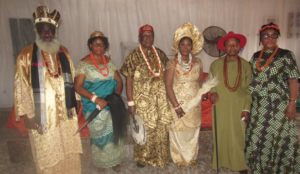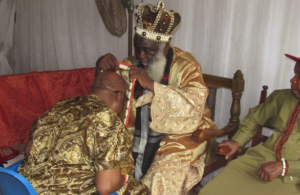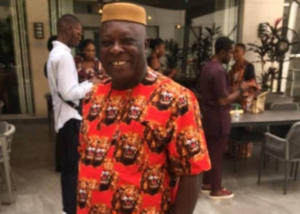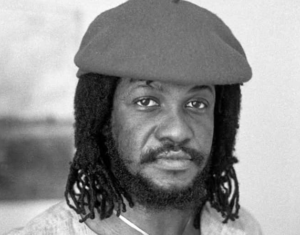Akahland in the 21st Century: Identifying a Sustainable Development Strategy (2). By Dr Austin Agbahiwe.
3 min read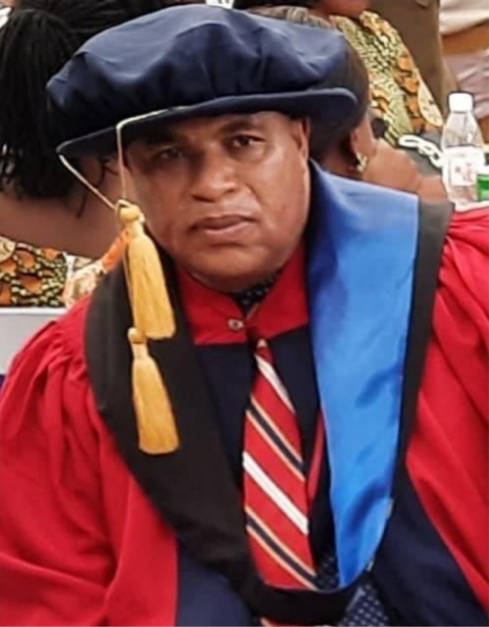
Can We Confront Our Challenges?
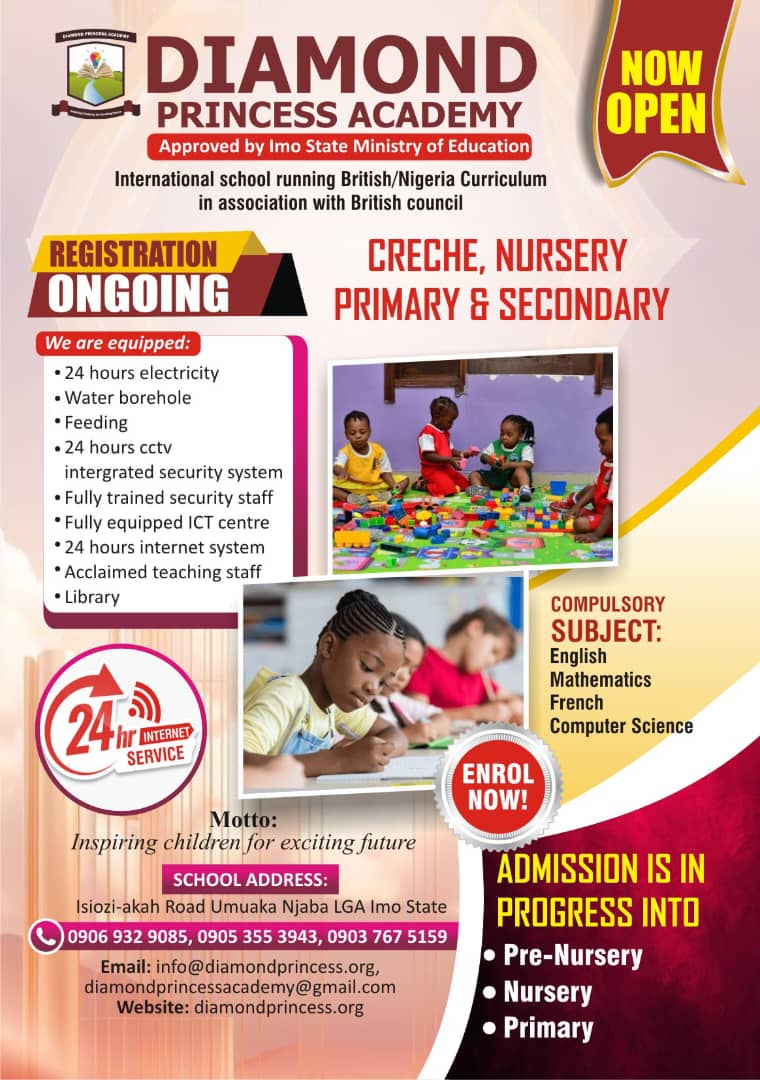
In life generally, if we fail to create changes, changes will create us. That is why we must strive to make changes for a good today preparatory to a better tomorrow. How do we achieve this? It is my considered opinion that the Akah people of the 21st century must concern themselves individually and collectively with the following posers:
• Putting more interest and energy in the things we can control rather than spending so much time and energy on issues we cannot control. In this sense we can decide to live and co-exist in an atmosphere of peace and unity as a people instead of wasting time waiting for the government to make all the former 10 old villages of Umuakah autonomous communities or waiting for government to provide one amenity or the other for our people. By the way, how many of the existing communual infrastructures in old Umuakah were built by the government?;
• Be more concerned with structure that entails equal representations among the 10 sons of Umuakah instead of wasting energy on government created institutions which tend to distort and redefine our hierarchical order, otherwise we will have more problems in the future when more autonomous communities emerge. For example how do we rank say Obinwanne in a scheme of things that has to do with old Umuakah when for example Amiyi has two autonomous communities when Obinwanne is not yet an autonomous community?;
• Concern ourselves with building human resources in all fronts. How many of our people are in top positions in Imo state/federal civil service/parastatals? How many are in middle or top positions in corporate Nigeria/international agencies? How many are even acclaimed businessmen and women?;
• Since the area and land mass of old Umuakah can never be altered, no matter the number of autonomous communities created and the same applies even if it is made a local government area or a state, why can`t we concentrate our energy on collectively building and servicing structures to better the lives of our people at home;
• Recultivate the idea of working as a people with common interest rather than burning energy on the ideal name to answer as a people;
• Each of our traditional rulers can decide to create peace in his domain by operating transparently and uniting all warring factions by ensuring that due process and rule of law is enshrined in the way his people are governed instead of encouraging court cases. Who tells our leaders that brotherhood conflicts and misunderstandings are better resolved in the courts?;
•Concerning ourselves, even if it is at autonomous communities` level with activities that will better the lives of our immediate kit and kin;
How Then Do We Go?
Today, we all are going to participate in the discussions on the following issues of common interest:
■ The Challenges of Autonomous Communities` Creation in Umuakah:
Why did we get it Wrong?
■The Administration of Communal Assets in Umuakah: What are They and
What are our Options?
■ Citizens in Diaspora: The Challenges of Community Development.
■ AVA Scholarship and Educational Initiatives in Umuakah: What are the
Impacts?
■ Community Hospital: Can We Revive It?
As we break up into groups with our respective group leaders, the following burning questions amongst others must be x-rayed in order to enable us come up with clear and implementable visions:
• What are the challenges of autonomous communities `creation?
• How do we address these challenges?
• How do we balance the expectations of our people existing in their various autonomous communities and still facing the realities of working and relating together as a people?
• What are the collective assets owned by the old Umuakah?
• In what state are they?
• Can these assets ever be put to their optimal working conditions?
• What is more important? Sharing or collectively putting them into optimal uses for the betterment of all?
• Is physically sharing the assets more important than putting them into workable states for the benefit of all in a world yearning for globalization?
• Are we likely to encounter some problems if we fail to work together as a people towards putting the assets into workable states?
• What kind of problems are we likely to face?
• Short term, medium term and long term?
• How do we mitigate them? To what extent?
• What roles are expected of our leaders, traditional and community in this direction?
To be concluded next week.


